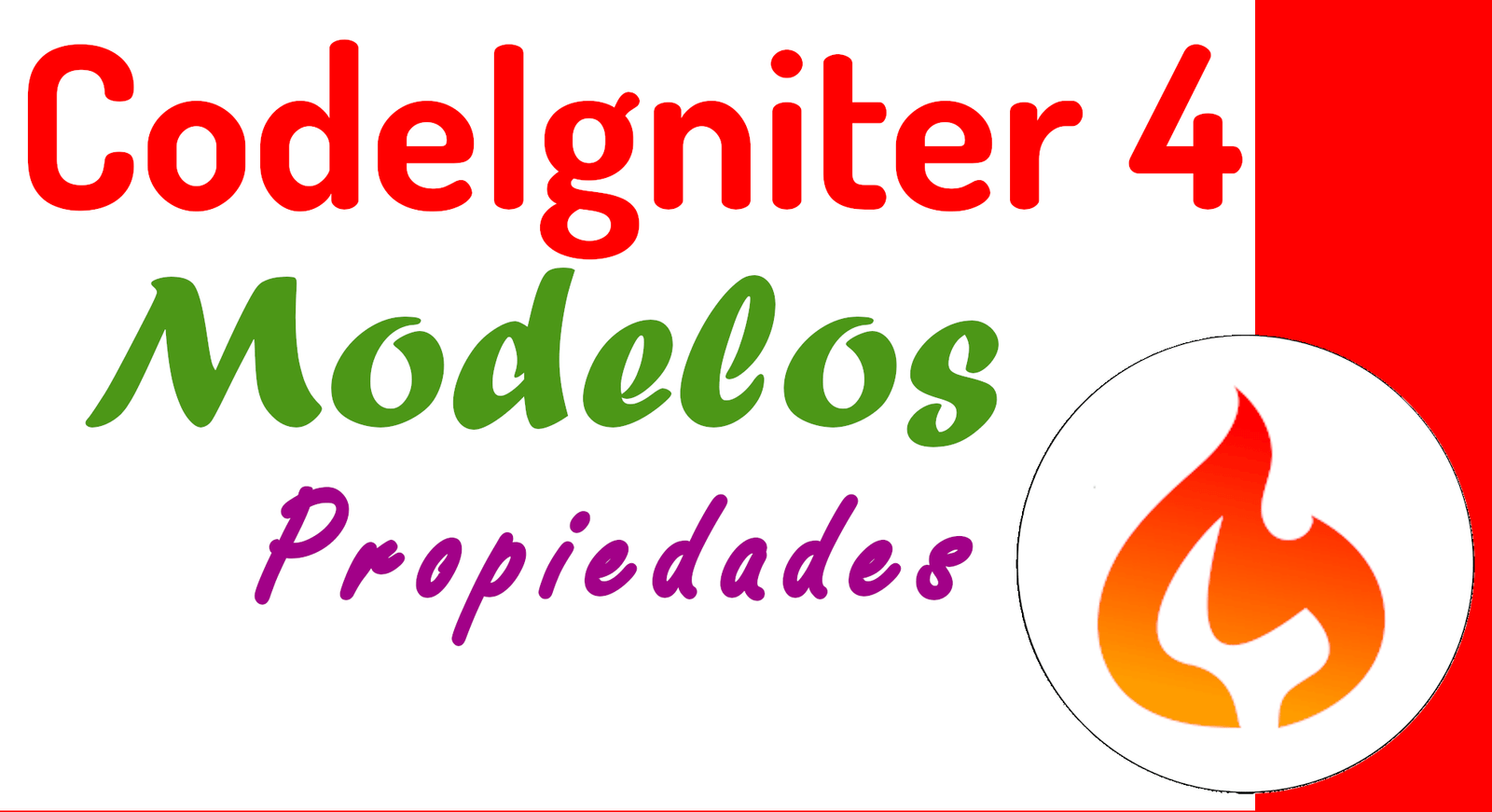
The model layer in the MVC (Model-View-Controller) design pattern is the layer that handles business logic and communication with the database. That is, it is the layer that performs the CRUD operations (Create, Read, Update and Delete) in a database, usually a model governs a table in the database. Let's see the most common properties that we can apply to our models in CodeIgniter 4 and what they are for.
$table
Specifies the database table with which this model works.
$primaryKey
This is the name of the column that uniquely identifies the records in this table. This does not necessarily have to match the primary key that is specified in the database; used with methods like find() to find out which column to match the specified value against.
$useAutoIncrement
Specifies whether the table uses an auto-increment function for $primaryKey. If set to false, you are responsible for providing the primary key value for each record in the table.
$returnType
This setting allows you to define the type of data that is returned. Valid values are 'array' (the default value), 'object', or the fully qualified name of a class that can be used with the getCustomResultObject() method of the Result object.
$useSoftDeletes
If true, any calls to the delete() method will set the delete_at to the database, instead of deleting the row. This can preserve data when it can be referenced elsewhere, or it can maintain a "recycle bin" of objects that can be restored, or even just preserve it as part of a security trace. If true, the find*() methods will only return undeleted rows, unless the withDeleted() method is called before the find*() method is called.
$allowedFields
This array should be updated with the field names that can be set during the save(), insert() or update() methods. Any field name other than this will be discarded. This helps protect the integrity of columns that we don't want the application to be able to interact with.
$useTimestamps
This boolean value determines whether the current date is automatically added to all inserts and updates. If true, it will set the current time in the format specified by $dateFormat. This requires that the table have columns named created_at and updated_at in the appropriate data type.
$createdField
Specifies which database field to use for the data record creation timestamp.
$updatedField
Specifies which field in the database should be used to hold the data record update timestamp.
These are some of the most common configurations and you can see the full list here:
I agree to receive announcements of interest about this Blog.
Let's see the most common properties that we can apply to our models in CodeIgniter 4 and what they are for.
